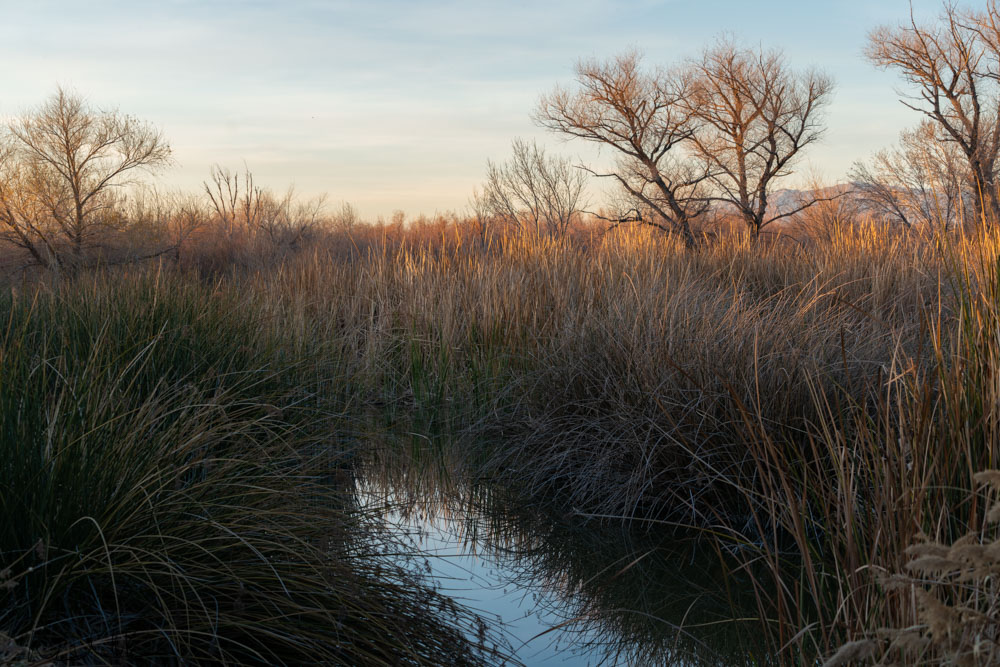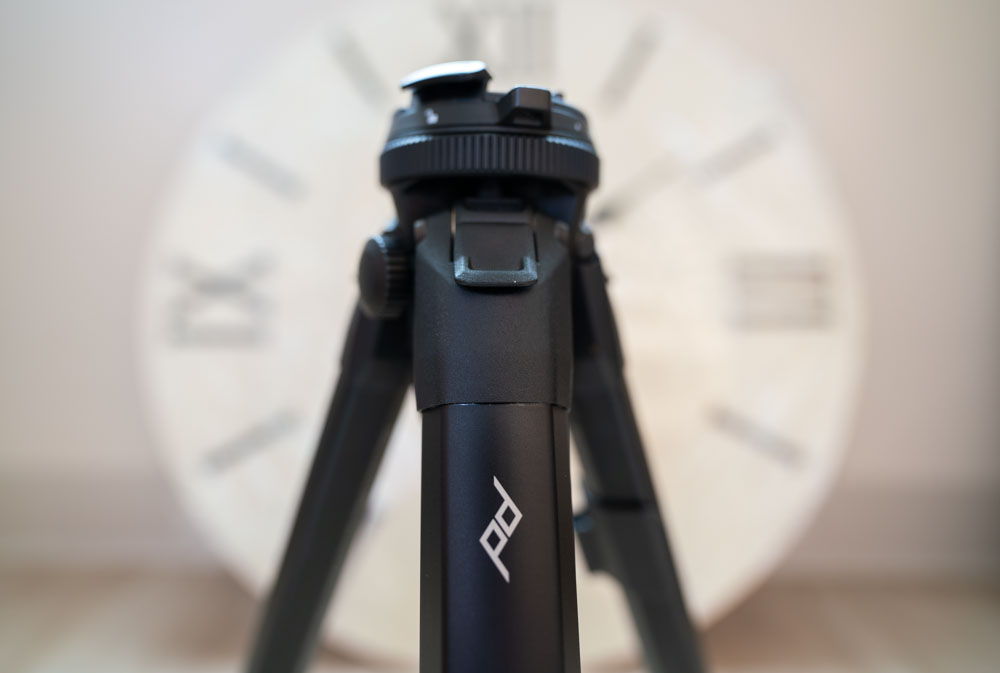I’m not a Canon shooter, but finally Canon produced something great for landscape photographers. If you been watching the latest reviews on the Canon EOS R5 you might hear a lot of disappointed youtubers because youtubers mostly shoot video.
For the photography world, specifically landscape photographers, the R5 is an incredible step forward.
If you read my earlier post on the peak design travel tripod you might have a better idea why I like this camera so much. Whenever a new camera comes out they always market to film makers or sport photographers, and the focus is always on video quality (8k) or frames per second.
Landscape photographers don’t need more frames per second, subject tracking, 8k video, flip screens and log profiles.
As a landscape photographer, the most important thing I could ask for in a camera would be better HDR and IBIS. Sure a good EVF would be nice too, but if we had HDR like an iPhone we wouldn’t need graduated filters and could spend less time in post processing. If we had exceptional IBIS, we wouldn’t need tripods.
The best camera for landscape photography doesn’t need a tripod
Imagine hand holding a camera for 3-4 seconds at sunset to capture an image stopped down to f11 without camera shake. That would be awesome right?
The EOS R5 has this kind of image stabilization. With stable hands you can hand hold up to 8 stops or 5 seconds at 50mm. That means you can hand hold images of the night sky without a tripod as long as you have a 1.8 aperture lens or faster with IBIS.
You can also hand hold with a ND filter to show motion in the clouds or sky. For me, this is the biggest selling feature for landscape photographers. No tripod, no problem. Just make sure you have a lens that will assist with the image stabilization and you’re good to go.
Is great image stabilization a good reason to switch to Canon? If you really don’t want to carry around a tripod then maybe. Why do you need a tripod for landscapes if your camera can handle 5 second exposures?
Other Reasons to love the Canon R5
Canon also has many other features including a flip screen, always closed shutter, and animal autofocus.
With a closed shutter, you no longer need to worry about dust entering your sensor, and animal eye detection outperforms all other cameras on the market.
Canon also has great ergonomics and a menu system that is better than the Sony A7siii.
Am I selling my Sony gear? No way! But I do really hope sony will upgrade their IBIS to compete more with Canon by next year.
One other win for Canon is their touch screen. I love that sony has all the shortcut buttons but they could learn a thing or two by Canon’s touch screen. The A7siii has a new flip screen with touch functions, but it’s still not as intuitive as Canon.
Overall, Sony can pretty much hold it’s own, and if you shoot both video and photo, the Sony A7siii is a welcoming new addition to the line. What keeps me in the Sony ecosystem is the incredibly sharp and light lens offerings.
The only thing I don’t like about both the Canon and Sony is the old design. The Canon EOS R5 looks a little too bulky and needs to go on a diet. It didn’t evolve much from the DSLR. On the contrary I do like the look of the EOS RP.
The Sony A7siii looks good, except I don’t like the new larger grip. It’s like they took a great looking camera and added a larger grip without rethinking how it would look. Sony really hasn’t changed their design since they started making mirrorless cameras, and I think it’s time for an overhaul.
If I was deciding on what camera system to choose today for landscape photography I’d probably lean toward the EOS R5. It’s pretty much the same camera offered by the Sony A7riv, but slightly better low light, great IBIS, and a better menu system.
When you Ignore the 8k video/overheating problems and see it as a stills camera it really does shine.
The Canon EOS R5 Pros and Cons
Pros
- World class leading image stabilization
- High Resolution with better dynamic range than others in it’s class
- Good hybrid camera for amateur work
- Good dynamic major range. Probably better than the a7riv
- Superb eye and animal eye detection
Cons
- Less native lens selection than Sony
- Bulky design
- Video can overheat


